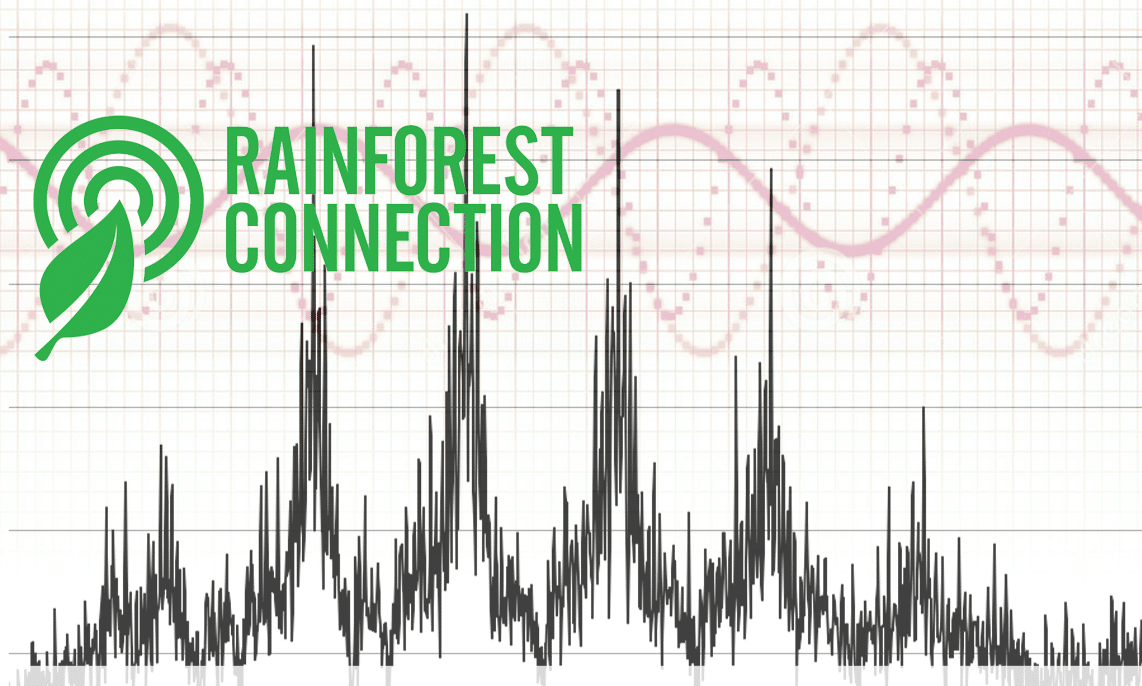United States (San Francisco)
If a tree falls in the forest, and there’s nobody around to hear, does it make a sound? It does when the trees have electronic ears.
The most impactful way to stop climate change? Save the rainforests. The coolest way to do it? With real-time data.
Rainforest Connection is using artificial intelligence to listen out for the sounds of illegal logging and poaching; creating the world’s biggest shareable, searchable “Audio Ark of rainforest sounds and eco-data” in the name of wildlife conservation.
“Knowing where destruction is happening is an asset. Knowing where AND when is far better.” – Topher White
Focused on preventing rainforest deforestation, a leading cause of climate change and species extinction, the nonprofit organisation transforms old smartphones so that everyone listen to the sounds of the rainforest – which may include the a chirps of birds, the buzz of cicadas and the banter of gibbons, but almost-always the sound of a tree falling from an illegal logger’s chainsaw.

Conservation technologist Topher White (pictured below) founded the nonprofit in 2014 with the intent of creating a low-cost monitor that could help remote communities in their efforts to halt illegal activities. Brutal deforestation is an enormous threat to tropical habitats, but now your old phone can be upcycled to become a ‘Guardian of the rainforest’.
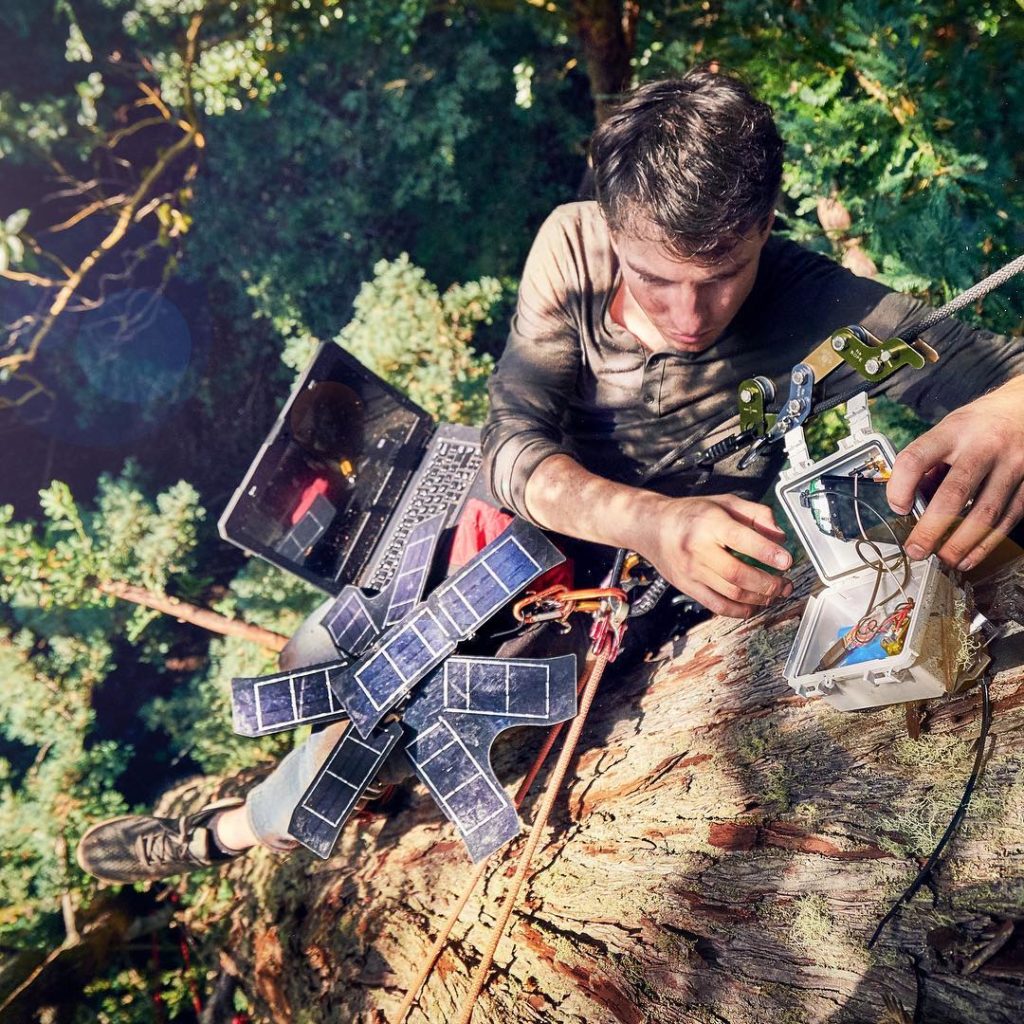
Each ‘Guardian’ monitors and protects 300 hectares of forest | Photo: Von Wong
Rainforest Connection (RFCx) transforms recycled smartphones into autonomous, solar-powered listening devices that can pinpoint signs of destructive activity at a great distance. And with the free app, anyone can listen-in on the rainforest anytime, from anywhere. The digital library and bio-acoustic platform lets you browse the “worldwide rainforest” to give scientists instant access to vast troves of raw acoustic data collected from rainforests worldwide.
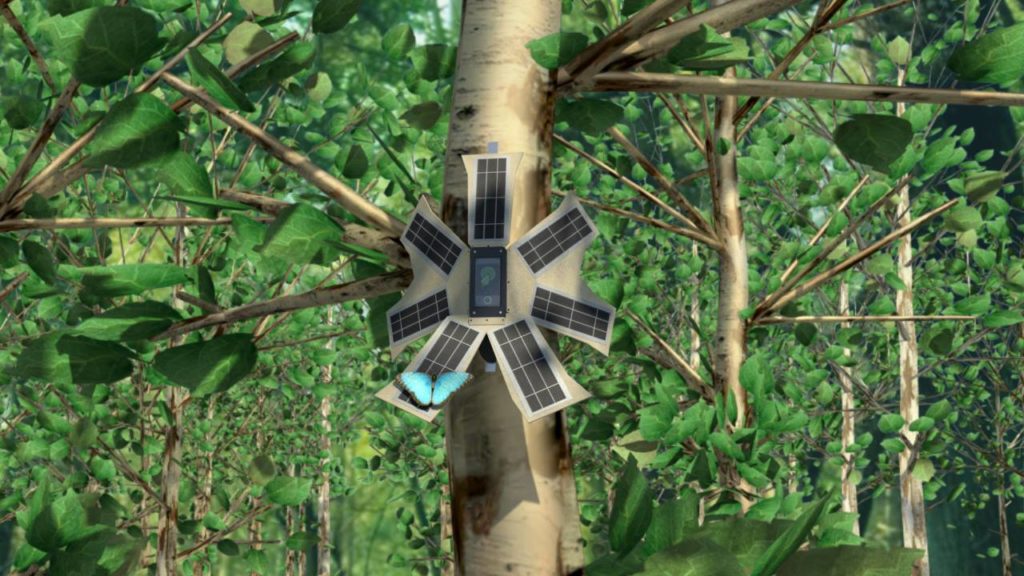
Current detection systems rely on satellites which show rainforest destruction days or weeks too late. RFCx is the world’s first logging detection system – in real-time. It pinpoints deforestation activity the moment it begins, while simultaneously streaming the data openly and immediately to anyone.
Hidden devices are installed high in tree canopies to continuously capture all ambient sounds and detect sounds of destructive activities – such as logging/chainsaws – up to one kilometre in the distance. Upon picking up a chainsaw, the device transmits an alert to the cloud server which sends an SMS message to first responders.
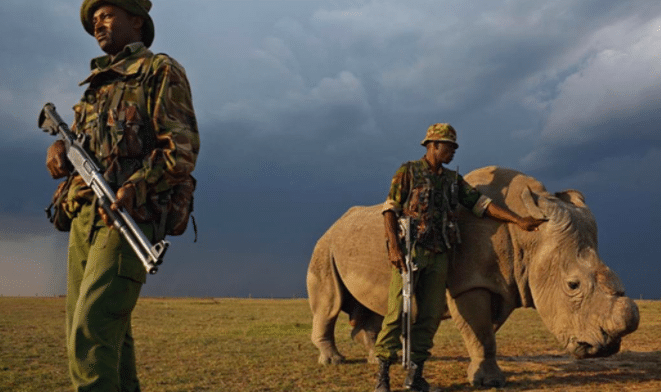
The sensors allow real-time intervention and response by alerting the authorities. They also create a forensic record of evidence of extraction and the patterns of illegal activity which can be used in many ways, including in a court of law.
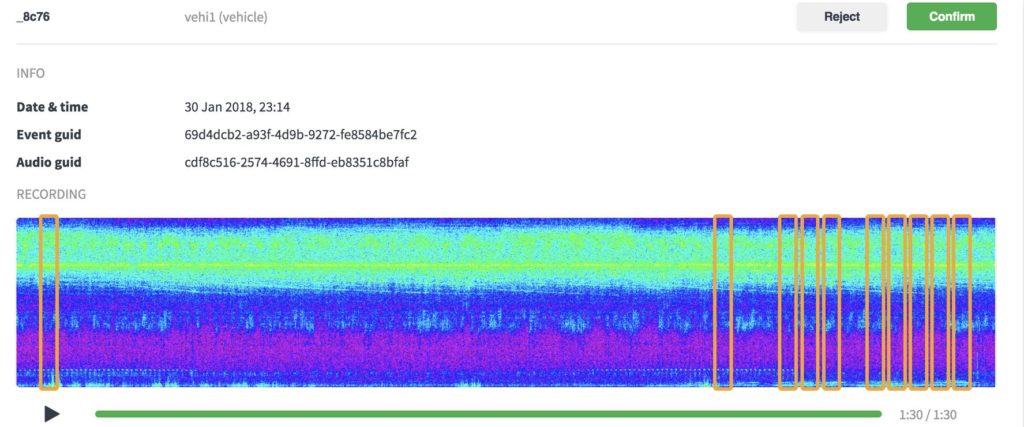
A stream of real-time audio data being submitted as courtroom evidence against illegal loggers in the Amazon
The devices are programmed to work on very minimal GSM coverage, but – and perhaps surprisingly – rainforests have decent cellular GSM coverage, particularly areas that are most threatened by human populations and logging. Even so, RFCx is exploring partnerships with remote controlled devices that can transmit GSM signals in areas with poor connection.
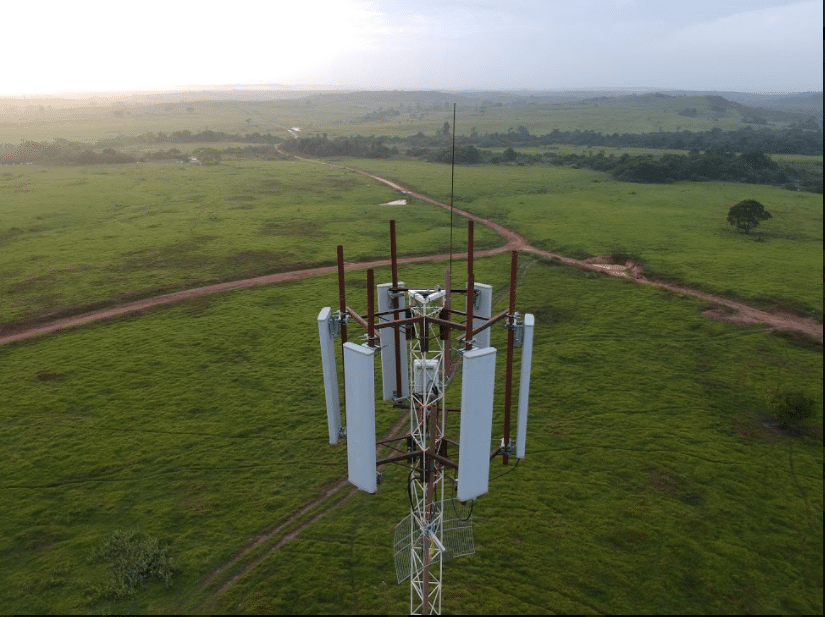
RFCx provided the Tembé in the Braziliam Amazon with their own cellular network
A good camera trap only covers up to a few hundred square feet, whereas one RFCx device can cover about three square kilometres (one square mile) for the same price. In fact, each device can protect an area of forest so large that it is home to over 1,000 different species of plants and animals – and protect enough trees from logging to prevent 15,000 metric-tonnes of carbon dioxide from being released into the atmosphere. This is equivalent to taking 3,000 cars off the road.
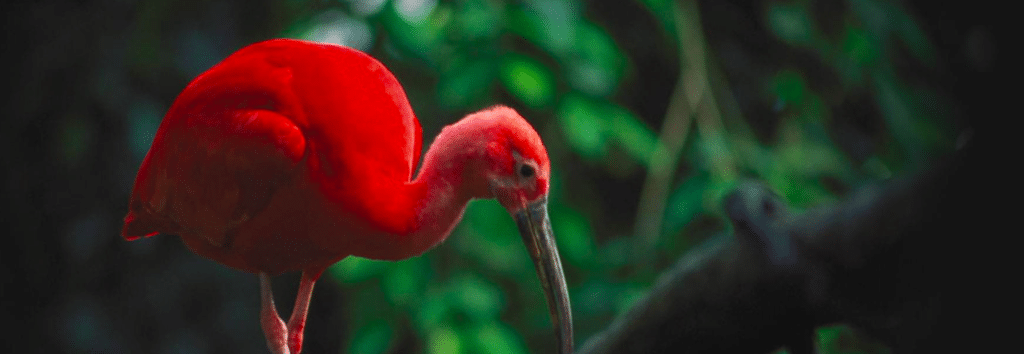
Topher and his team have extensively tested the technology with local communities in Brazil, Costa Rica, Ecuador, Romania, South Africa, Belize, Philippines, Sumatra and Peru. The focus is always on collaboration, not ‘aid’, putting the solution in the hands of committed communities on-the-ground.
In Indonesia, the RFCx team trained rangers on how to use the devices and software to ensure the technology is used effectively.
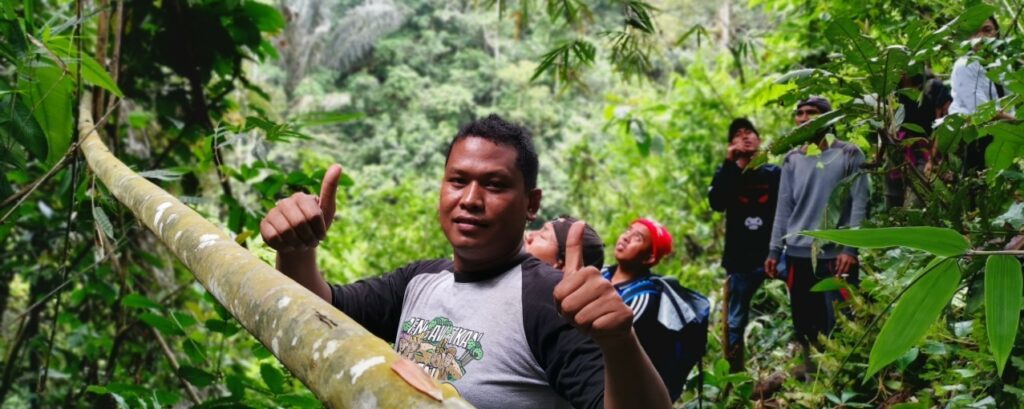
In Ecuador, they monitored two endangered species of parrots that were being reintroduced to a key reserve area, also providing local ecologists with a trove of data to study and improve outcomes for the reintroduction of a key species.
In partnership with the Zoological Society of London and a local sustainable logging company named Rougier, RFCx set up acoustic monitoring to assist local park rangers in Cameroon’s richly dense rainforests. They detected the poaching of chimpanzees, gorillas, elephants and endangered birds.
While COVID-19 severely restricted their ability to travel in 2020, Rainforest Connection deployed the next-generation Guardian devices in West Sumatra with support from IUCN NL and local partners KKI Warsi.
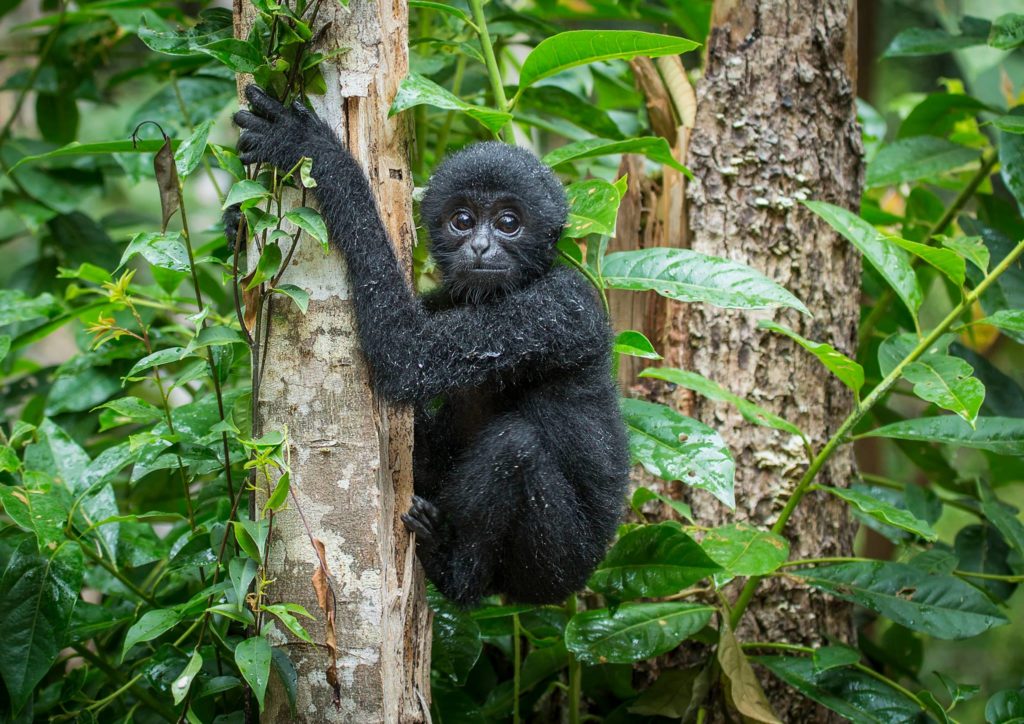
Gathering real-time data on rainforests is fundamentally important because a trove of life science and eco-data lets scientists compare changes to our planet’s most endangered ecosystems in order to protect them. Artificial intelligence really can can help solve the world’s most pressing issues.
But saving rainforests isn’t the only the key to halting climate change, It’s also vital to supporting many of the world’s poorest communities who rely on rainforests for food shelter and livelihood. That’s why Rainforest Connection also focuses on creating partnerships that empower Indigenous populations working to protect their homelands.
Because the word ‘Connection’ is as important as the ‘Rainforest’.
AtlasAction: Listen to the rain in Los Amigos, Peru, or the bird calls in the Mashipi Reserve in Choco, Ecuador: use the app to stream LIVE audio of rainforests to help keep calm during these uncertain times. Donate your old phone and listen to the rainforest. And if you’re a bioacoustics and ecoacoustics enthusiast, enjoy these tools and technology to increase your overall impact in the conservation space.
Project leader
Topher White, Founder
Support the Atlas
We want the Atlas of the Future media platform and our event to be available to everybody, everywhere for free – always. Fancy helping us spread stories of hope and optimism to create a better tomorrow? For those able, we'd be grateful for any donation.
- Please support the Atlas here
- Thank you!
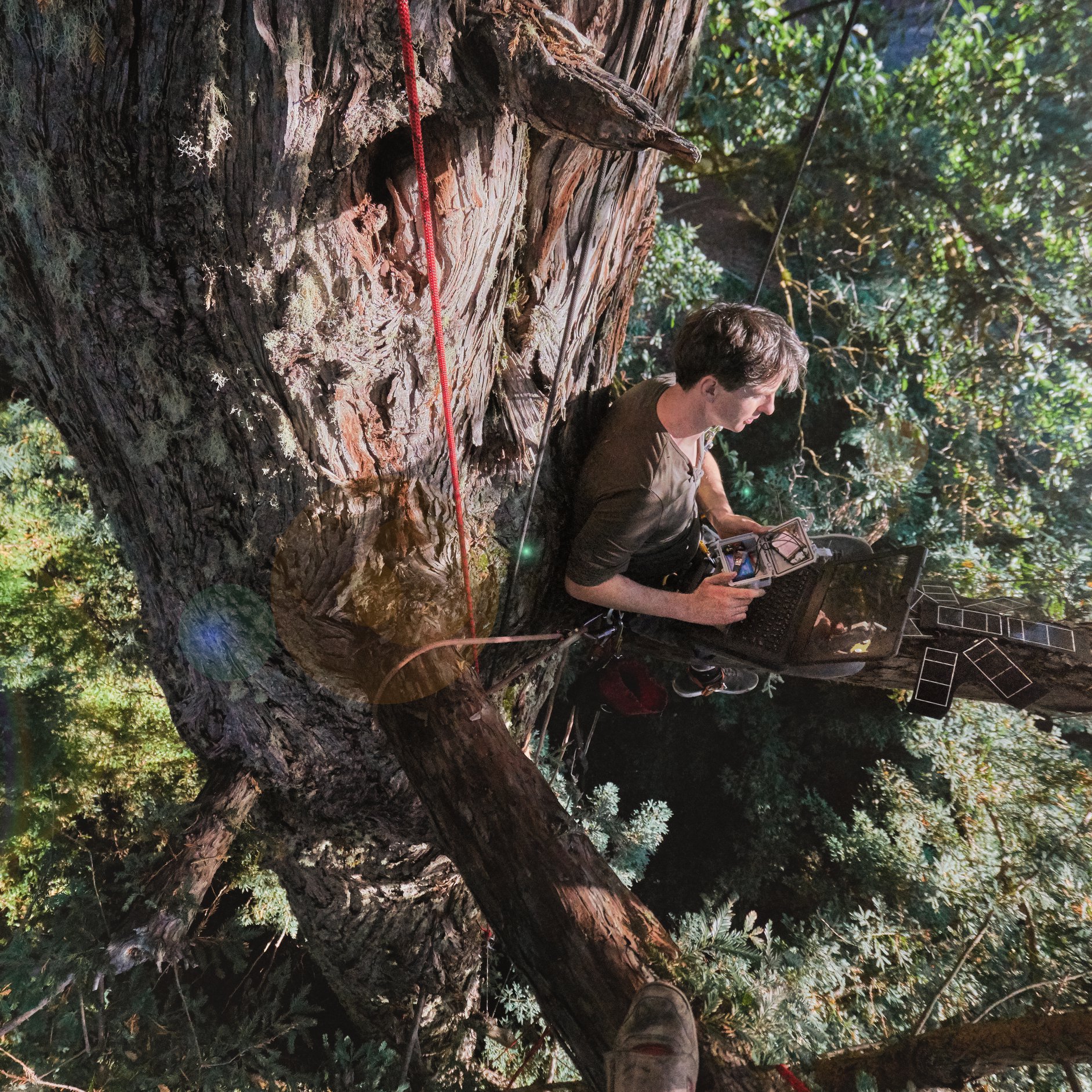
Topher White 150 feet up a tree configuring a Rainforest Connection Guardian | Photo: Von Wong
